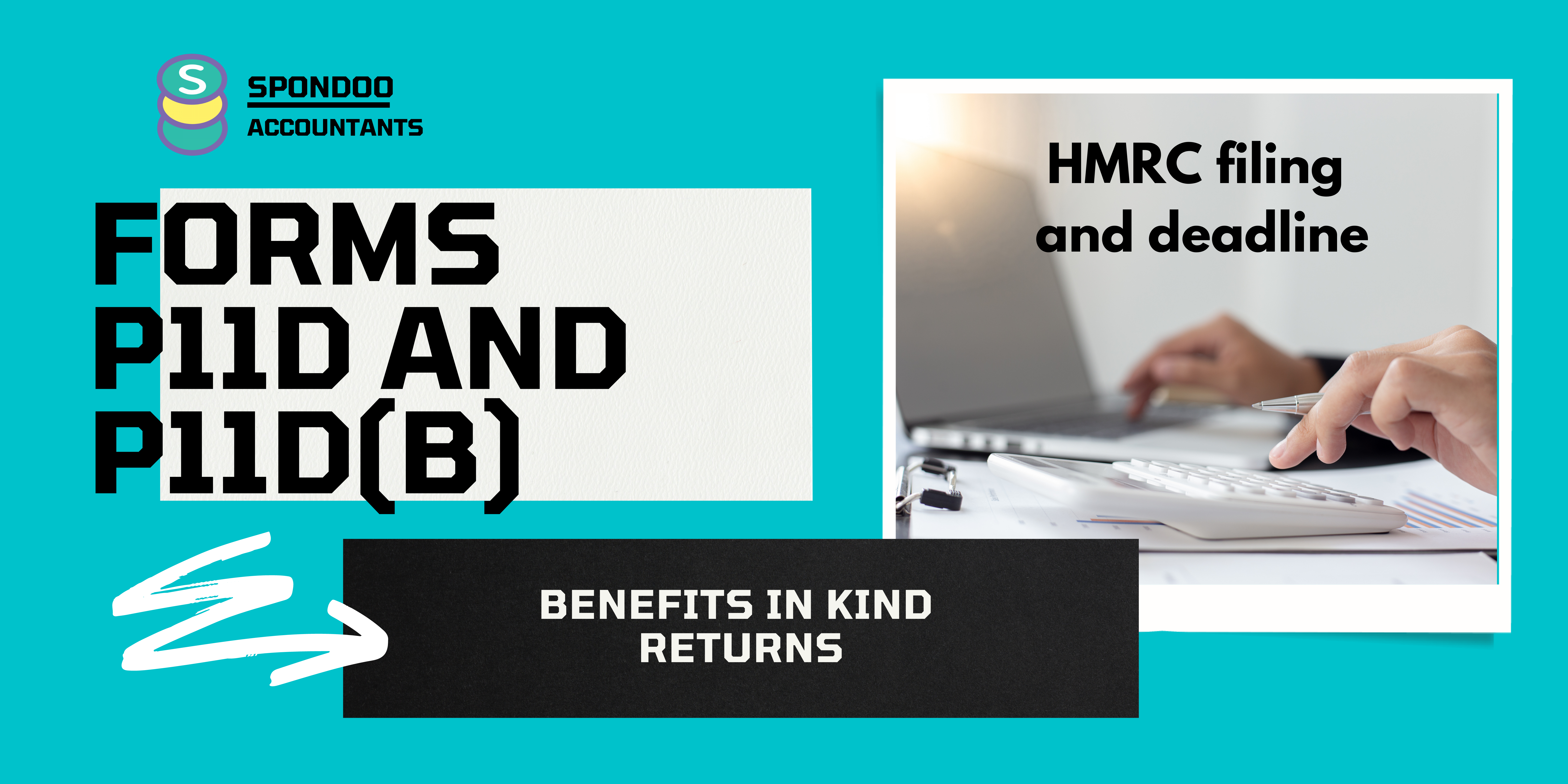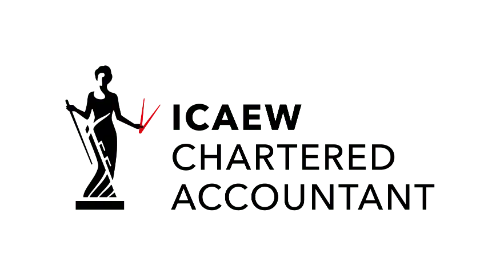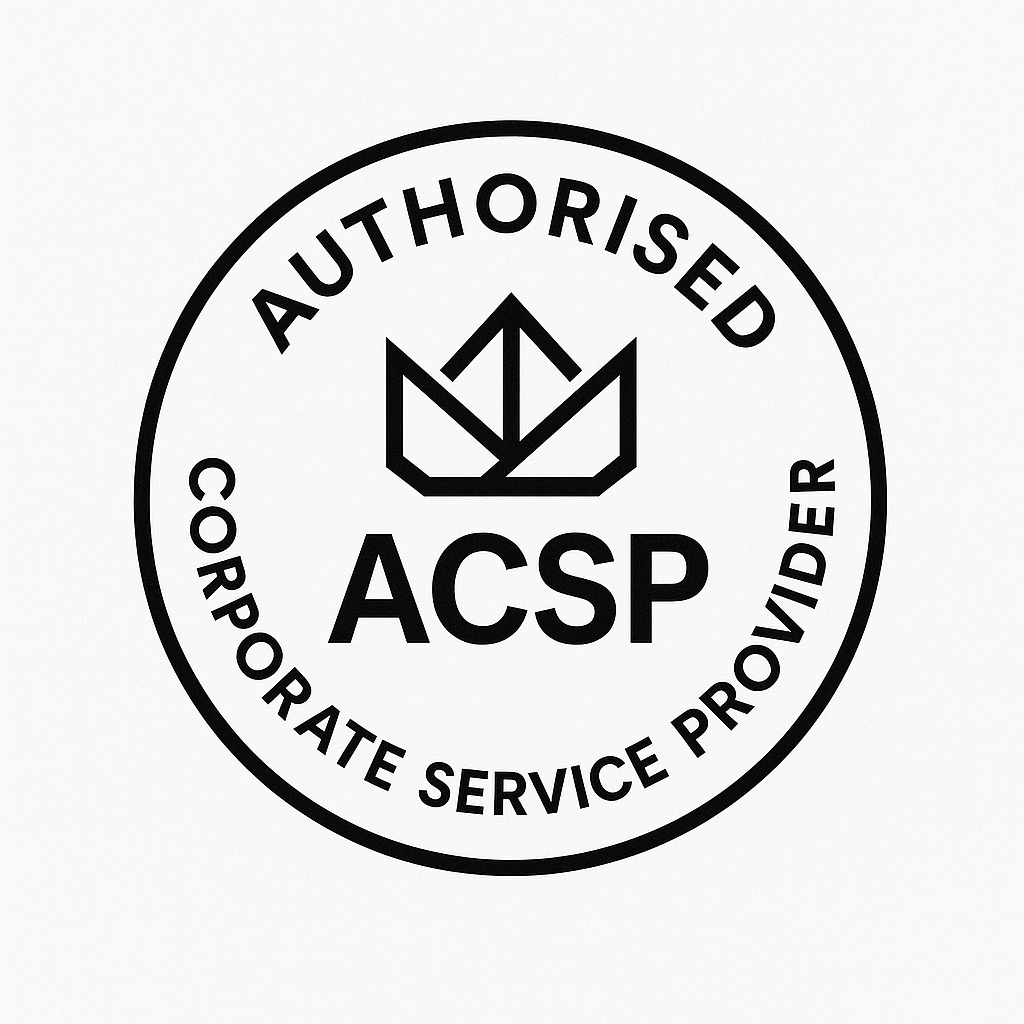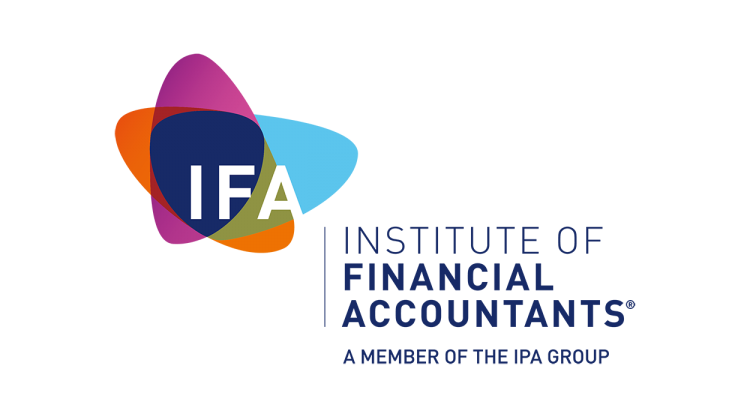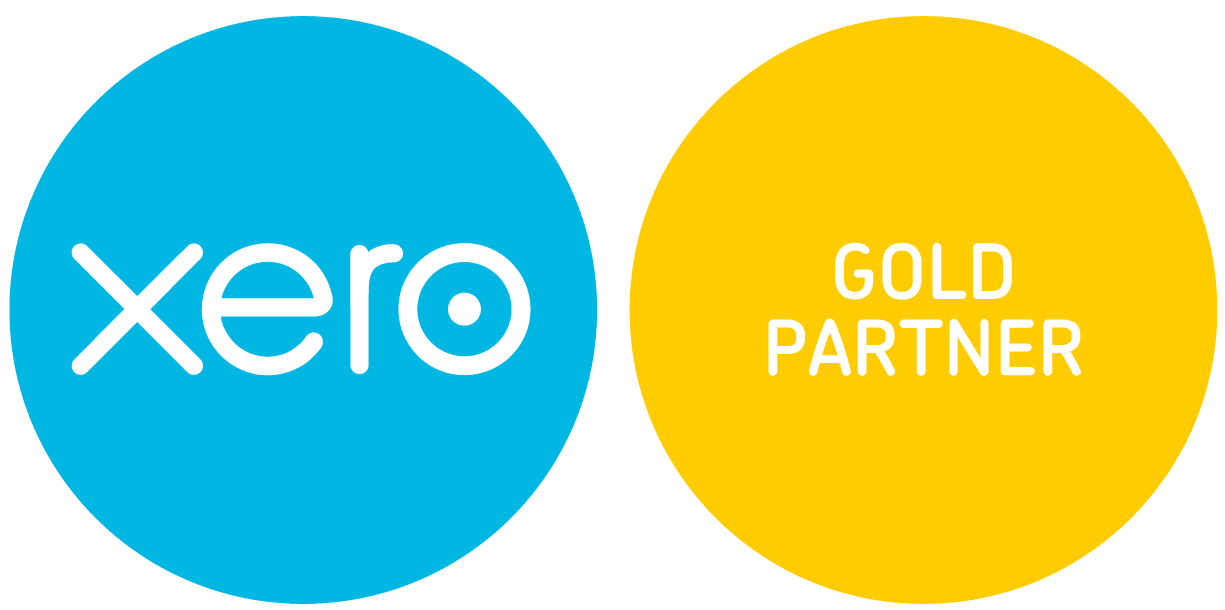What are form P11D and P11D(b) - and how to complete them
The P11D is a form used to report employment-related expenses and non-cash remuneration (benefits in kind) paid or provided to directors and employees.
Most of the employment income is reported via payroll under Pay As You Earn (PAYE). PAYE primarily caters for cash or cash equivalent forms of remuneration, but the P11D system captures the items that fall outside of this process.
Where an employer provides benefits in kind or employment-related expenses, they need to complete the following forms:
- Form P11D – this is prepared for each employee detailing the benefits and expenses. This form is given to the employee who is required to consider the values within their self-assessment process.
- Form P11D(b) - this is a summary of all the employee's chargeable items detailing the total Class 1A National Insurance liability payable by the employee.
The deadline for filing P11D and P11D(b) forms is 6th July following the end of the tax year.
What expenses and benefits are reported on P11D?
Examples of what you need to report on a P11D include:
- Loans to directors over £10,000
- Assets owned or paid for by the employer but are transferred to an employee or director below market value, or at no cost. They include personal items paid for using company cheques or credit cards and money not refunded to the company.
- Payments made from company accounts or with a company credit card on your behalf like paying personal bills.
- Vouchers like child-care vouchers.
- Living accommodation or the cash equivalent for it.
- Mileage Allowance – amounts more than the HMRC approved rates.
- Cars, vans, and/or fuel provided by the company and available for private use.
- Private medical or dental insurance paid by company accounts.
- Assets placed at your disposal like motorcycles, holiday homes.
- Professional fees, subscriptions - some subscriptions to professional bodies may be exempt.
- Training – only work-related training is allowable and only if paid for or reimbursed by the company.
- Telephones and mobile phones - unless the contracts are in the company’s name.
Contact Spondoo Accountants for clarification on what expenses and benefits to be included in the P11D form.
Exemptions
Form P11D should not be completed if:
- There are no taxable expenses, payments, or benefits for returns for an individual.
- Expenses and benefits have been taxed through your payroll.
Who files a P11D?
Forms P11Ds are filed by the employer. They must supply a P11D form for:
- Each director, including persons acting as or giving orders to directors. However, it excludes any full-time working director without a material interest in the company and directors of a non-profit organisation or a charity.
- Each employee, who received expenses and/or benefits in kind, whose employment income (including the value of any benefits and expenses payments not covered by a dispensation) is at a rate of £8,500 a year or more. A director excluded above may require a P11D under this rule.
It is important to bear in mind that expenses and benefits to be reported include those made available to the individual’s family and household (spouse, children, and their spouses, grandchildren, parents, servants, dependents, and guests).
In some cases, there will be additional income tax to pay for the employee or director that must be reported on their self-assessment tax return. If the individual does not complete a tax return, the additional tax will be collected via an update to the tax code on their payslip.
If you feel that additional tax may become due to a particular expense, contact Spondoo Accountants for support.
How to submit forms P11D and P11D(b)
After filling forms P11D and P11D(b), you can submit them to HMRC in either of the following ways:
Common mistakes and errors to avoid while filing P11D
Employers are known to make some of these mistakes while filing for P11D:
- Forgetting to keep up-to-date records that will be used to fill P11D forms correctly.
- Submitting P11D and P11Db forms both by mail and electronically.
- Overlooking home phone usage by employees from their home telephone or personal mobile if the company has repaid the expense.
- Filing a paper form for the wrong tax year.
- Forgetting to sign a paper P11D(b).
- Failing to tick the ‘director’ box when applicable.
- Not informing HMRC of a ‘nil’ P11D due.
- Reporting the full gross value rather than only the private-use amount.
- Failing to complete the fuel benefit field where applicable.
- Directors loan account mistakes - the overdrawn amount is effectively a loan from the business to the director, is treated as an employment-related benefit, and must be included on the relevant director's P11d form.
P11D and P11D (b) penalties for late and wrong filing
You stand to face the following HMRC penalties if you fail to submit your returns on time, or if you carelessly or deliberately submit incorrect returns on forms P11D and P11D(b):
- Failing to make a return on form P11D within the appropriate time limit may incur a penalty not exceeding £300, with a further fine not exceeding £60 a day if the failure continues.
- Making an incorrect return on form P11D penalty is a maximum of £3,000 performs.
- A registered payroll benefits employer who sends an incorrect RTI return will be subject to a penalty based on the Schedule 24 Finance Act 2007(add link).
- An employer registered to payroll benefits and does not send them through RTI will be subject to penalties for failure to report on or before the payment was made.
- Non-submission or overdue Form P11D(b) warrants a £100 fine per every 50 employees (or part of 50) per month or part month.
- Incorrect P11D and P11D(b) return penalties are based on a percentage of potential revenue lost according to taxpayer behaviour and the degree of culpability or guilt grouped as:
- 100% of the owed tax for deliberate and concealed action.
- 70% of the owed tax if deliberate but not concealed action.
- 30% of the owed tax for careless action.
- 0% of the owed tax for a genuine mistake after taking reasonable care.
How can Spondoo accountants help?
Spondoo Accountants can assist with all expenses and benefits reporting, including:
- Completion of forms P11D and P11D (b)
- Online submission of the forms
- Calculation of Class 1A & Class 1B national insurance liability.
- Preparation of business expense claims for individual employees
- Advice on dispensation and PAYE Settlement Agreement applications.
- Presenting requests for dispensations and PAYE Settlement Agreements.
- Determining grossed-up tax and national insurance for a PSA.
- Completion of form 42.
If you need any of these services, contact us today!!
